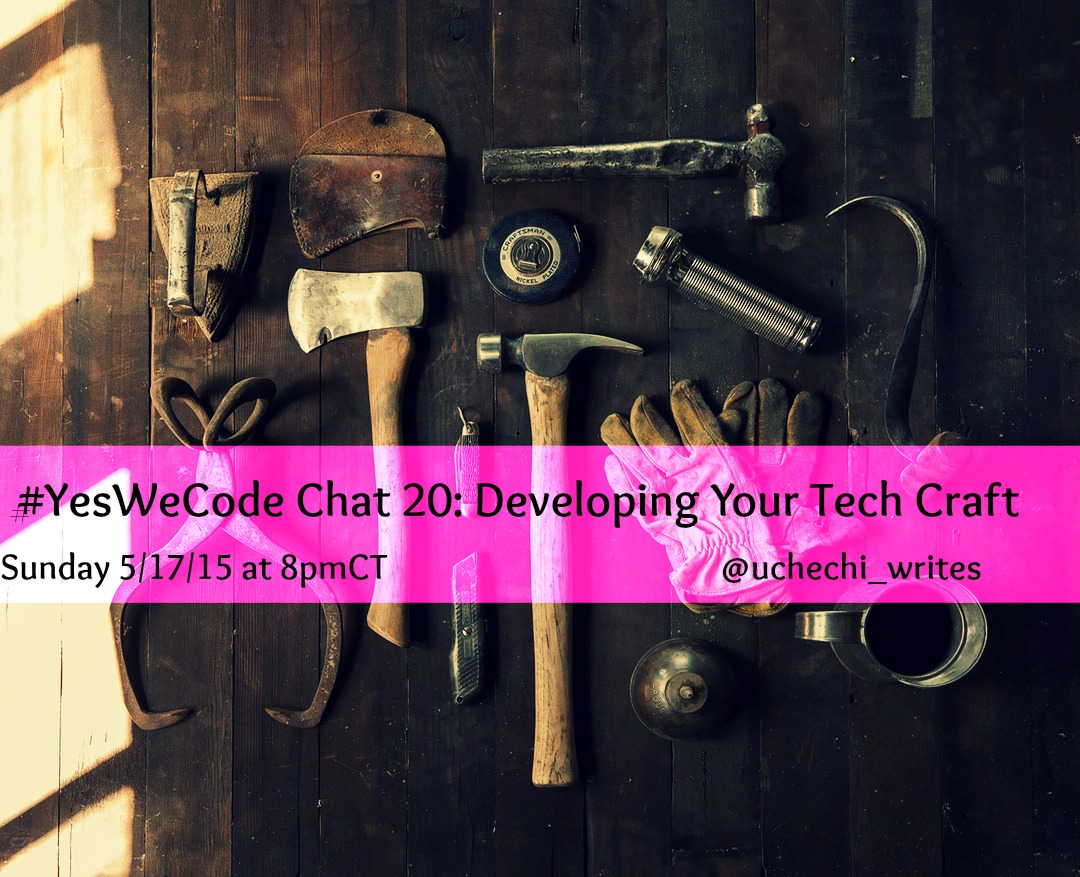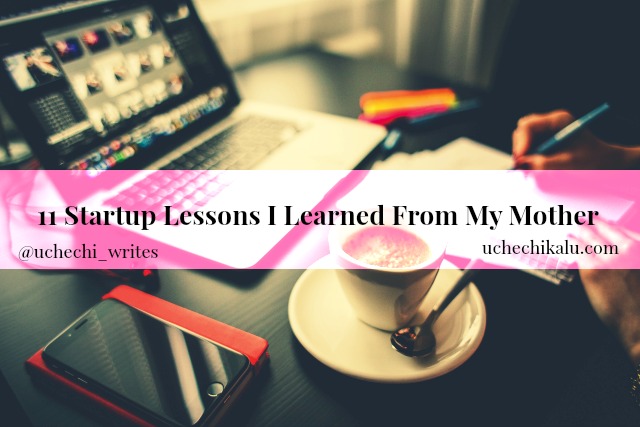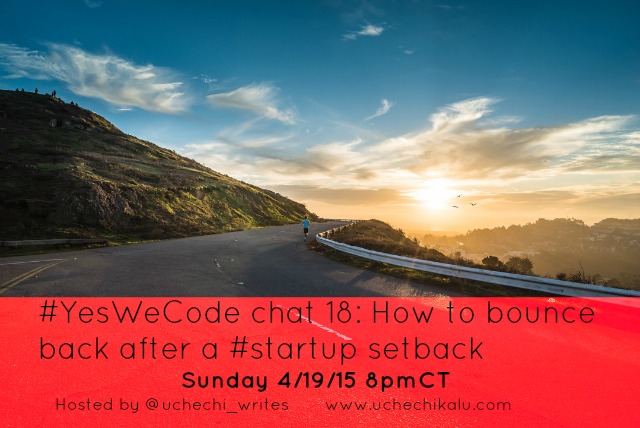
How A Great Startup Idea Can Come From Unexpected Moments
I thought I was just planning a wedding
Like many women, I was happy to get engaged and plan an amazing day with my husband. We didn’t know this wedding would change us forever, but it did. For our day jobs, we worked in web development. Peter has been a software developer for more than 20 years, and I’ve spent the last 10 in tech focusing on everything from Content Strategy to UX Design. We didn’t know it at the time, but we were our target customers: Tech savvy modern couple with friends and family flying in from around the world. There are many methods to coming up with a great idea, but we started with solving our own problem because it inspired us to actually stick with it and build something useful.
We never found the magic wedding planning website or app.
We searched extensively online for that app or website that would do three things: 1. Connect our guests with each other 2. Allow us to assign tasks to them and ask for help 3. Put everything in one place so we wouldn’t be using 10 apps for our wedding.
The magic wedding website or app didn’t exist, so we had to build it.
What we did find was even more interesting: Despite how busy we were, we made the time to build what would become wedOcracy, the virtual wedding planner for couples and guests. Sounds crazy right? We were working full time, planning a wedding full time and trying not to lose our minds full time. We soon found out that our most creative idea came from our own experience.
Since then, I’ve realized a few things about why the best startup ideas come from personal experience:
1. When you build something based on a personal need, you can focus more on your MVP because you’re often building it quickly to solve an immediate problem.
2. If it’s a problem for you, it’s also most likely a problem that others might be experiencing.
3. You also discover that your industry might be behind the times (hello, a shocking number of people are still planning weddings with binders–ouch), and your idea may be the solution.
4. It’s also a great opportunity to weave your “how and why we built this” story into your branding, and helps keep your story authentic. Also, the press loves great startup founder stories!
Oh, and I forgot to tell you that we not only built wedOcracy for our wedding, we also built it for our Nigerian-American-Jewish wedding in Mexico, so we factored in several scenarios: friends flying in from around the world, travel accommodations, accessibility to fun activities and more.
Conclusion: The biggest lesson I learned is to be open to where your next great idea will come from. Say yes to the journey! Maybe it’s about getting married or opening up a coffee shop or traveling through Asia with your best friend. The best ideas come from a very personal need, so say yes to life’s experiences because you don’t know where they’ll lead you.
Now it’s your turn:
What life experience led to your startup journey/idea? Hit me up in the comments!





